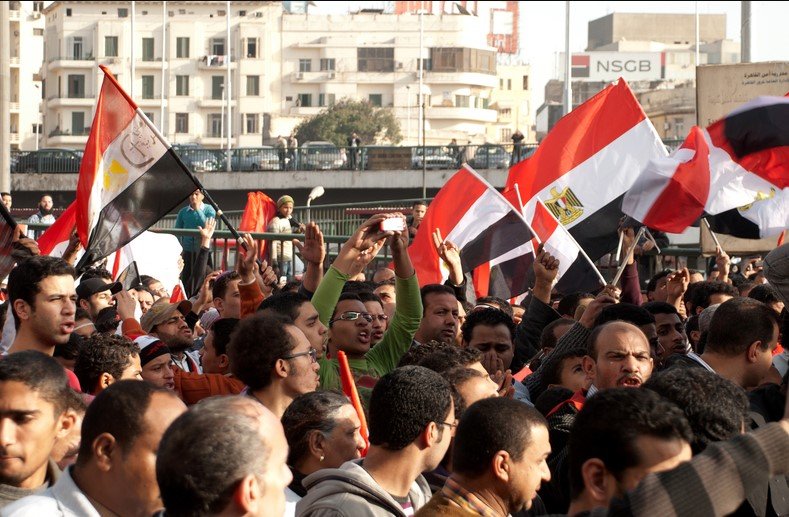The United Nations has voiced strong concerns over Egypt’s newly passed draft Criminal Code, urging the country to reconsider provisions that could undermine basic human rights protections. As the law awaits final approval from President Abdel Fattah al-Sisi, human rights experts fear its potential to deepen abuses and limit personal freedoms.
The draft bill, approved by Egypt’s House of Representatives, grants significant powers to public prosecutors, including sweeping control over pretrial detentions, surveillance, and travel restrictions. The UN’s Office of the High Commissioner for Human Rights (OHCHR) has warned that the proposed law could weaken fundamental legal rights, including the right to effective legal representation and judicial oversight.
Sweeping Powers and a Lack of Transparency
Among the most controversial aspects of the draft code are the enhanced powers given to public prosecutors. The law would allow prosecutors to approve pretrial detentions and impose travel restrictions without judicial oversight, potentially leaving citizens vulnerable to arbitrary detention.
In addition, the bill includes provisions for the surveillance of private communications, a move that rights groups argue could lead to unchecked government intrusion into private lives. These powers, critics say, could lead to the systematic abuse of rights, particularly for political dissidents and activists.
What has added to the concerns is the reportedly opaque legislative process. According to the UN, last-minute amendments to the draft code were made just before it was submitted for presidential approval. These changes were not disclosed publicly, fueling fears that they could be used to further erode public accountability and limit the scope of meaningful scrutiny of the law.

International Pushback Against the Draft Law
The draft law has already faced significant backlash from global human rights organizations. In October 2024, major groups like Amnesty International, Human Rights Watch, and the International Commission of Jurists issued a joint statement urging the Egyptian parliament to reject the bill. These organizations argue that the law would entrench systemic violations of human rights by allowing prosecutors to detain individuals without due process, perpetuating a cycle of unjust imprisonment.
One of the bill’s most contentious clauses allows prosecutors to question suspects without legal counsel present, raising alarms over the potential for coerced confessions and violations of defendants’ rights. Human rights advocates also point to the practice known as “rotation,” where detainees are charged repeatedly with new cases to keep them in custody indefinitely without trial.
The Egyptian government, on the other hand, has defended the bill as a necessary reform, claiming that it was the product of a broad national dialogue involving political parties and civil society groups. However, many critics assert that the consultation process was neither inclusive nor transparent, leaving many stakeholders feeling excluded from the discussion.
President al-Sisi Under Pressure to Review the Law
As the bill now awaits President Abdel Fattah al-Sisi’s signature, international organizations are intensifying calls for him to carefully review the law. OHCHR has urged Egypt’s leadership to consider the country’s obligations under international human rights treaties before approving the draft code.
The Egyptian government’s insistence on moving forward with the law despite widespread criticism suggests that it is prioritizing control over civil liberties. In a climate where political opposition is often repressed, the potential for further crackdowns on dissent under this new law raises grave concerns for the future of human rights in Egypt.
What’s at Stake for Egypt’s Human Rights Landscape
Human rights experts worry that the adoption of the draft Criminal Code could set back Egypt’s progress in human rights protection. They argue that the law would not only increase the government’s power over individual freedoms but also weaken the ability of citizens to challenge abuses in court.
The introduction of more sweeping prosecutorial powers would likely enable further detention without trial, prolonged pretrial confinement, and even indefinite detention under the “rotation” practice. This could make it even more difficult for human rights defenders, journalists, and political activists to operate freely in Egypt.
Meanwhile, the lack of transparency around the law’s drafting process has raised concerns about the erosion of democratic processes. If the Egyptian government continues to push forward with the bill without addressing these concerns, it could face further isolation from the international community, as human rights violations in the country continue to attract widespread condemnation.
Growing Calls for Legal Reforms and Transparent Processes
In light of these concerns, both local and international voices are calling for a more transparent legal reform process that includes genuine consultations with civil society. The draft law, as it currently stands, risks undermining the progress Egypt has made in human rights and could set a dangerous precedent for other countries in the region.
The UN’s call for a review of the draft code is part of a broader push for accountability in the legislative process. International human rights organizations are advocating for greater oversight of Egypt’s legal reforms, ensuring that the rights of citizens are not sacrificed for political control.
